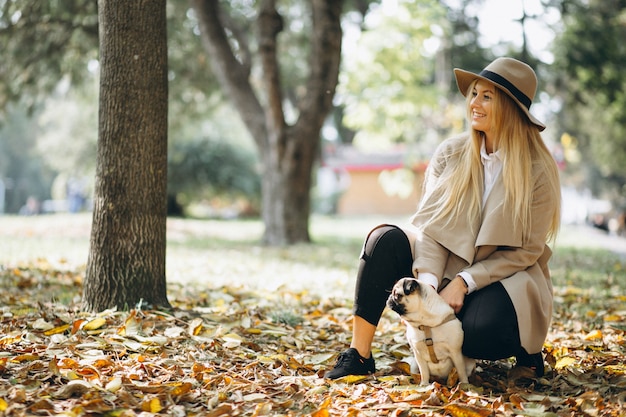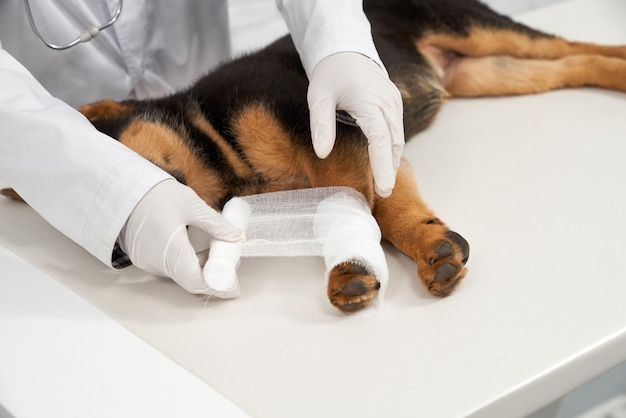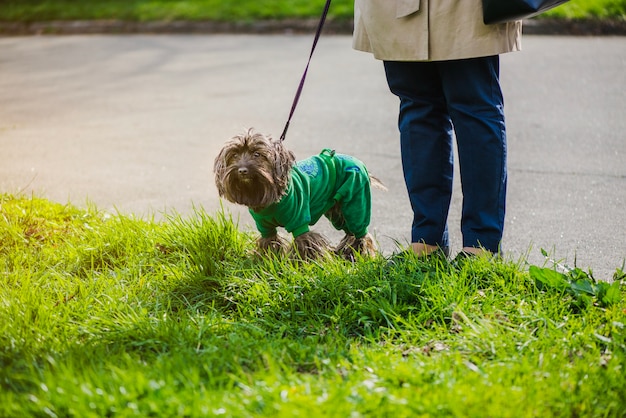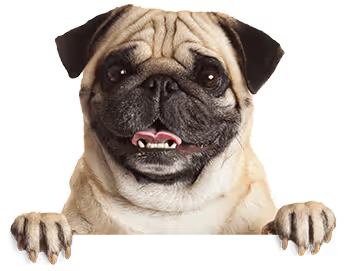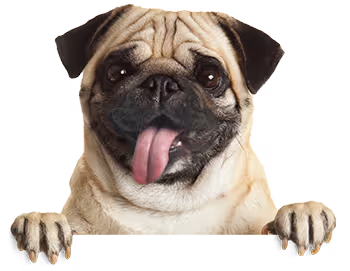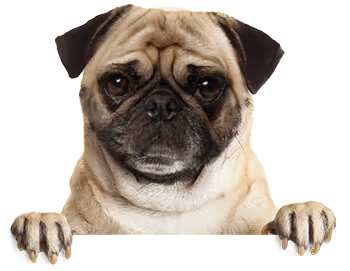Fall Pet Health Tips for Gainesville Families

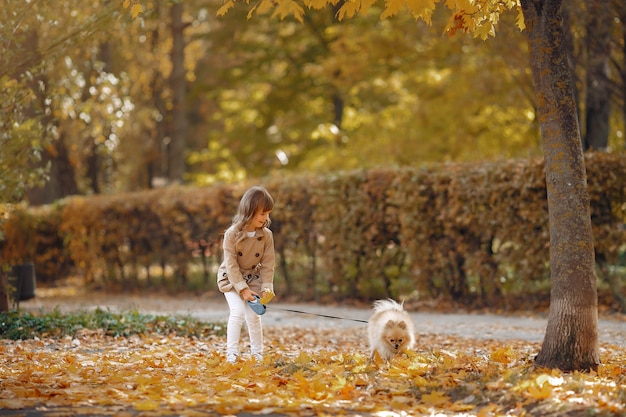
Fall Pet Health Tips for Gainesville Families
As September arrives in Gainesville, Georgia, families start to notice the subtle shift in weather. Mornings can be crisp while afternoons remain warm, and occasional rainfall brings both relief and new challenges for our pets. At Blue Waters Animal Hospital, located at 3630 Thompson Bridge Road, Suite 18B, Gainesville, GA 30506, we know that every seasonal transition brings unique concerns for pet owners. You might wonder how best to keep your pet comfortable and healthy as the days get shorter and the weather becomes unpredictable.
This guide to fall pet health tips for Gainesville families will help you understand the most common seasonal issues, from skin flare-ups to changes in outdoor routines. Whether you live in Gainesville or the surrounding communities, our veterinary team is here to offer practical advice and comprehensive care. We will cover how to recognize early signs of autumn-related health problems, why these issues develop, what treatments are available, and how you can help prevent problems at home. You will also discover when it is time to schedule an appointment with a "vet near me" and why building an ongoing relationship with a trusted veterinary team makes all the difference during seasonal transitions. If you have questions or concerns after reading, remember you can always reach our team for a wellness examination to keep your pet thriving all year round.
Recognizing Fall Health Concerns in Gainesville Pets
As the leaves begin to change and humidity fluctuates, pets in Gainesville and nearby communities may face a range of health issues that are less common during the summer. Spotting these problems early is key to ensuring your pet’s comfort and long-term wellbeing.
Signs that your pet may be experiencing seasonal discomfort include itching or scratching more than usual, red or inflamed skin, sudden sneezing or watery eyes, and increased licking of paws or other areas. Additionally, changes in appetite, decreased energy, or reluctance to go outside can signal underlying issues. Some pets will develop hotspots or areas of hair loss, especially during periods of wet weather when their coats remain damp. Fleas and ticks may also remain active longer in our region's warm autumns, so watch for excessive biting, visible parasites, or scabs on your pet’s skin. Dogs and cats with seasonal allergies often display respiratory symptoms such as mild coughing or congestion.
Increased outdoor activity during cool afternoons can also lead to minor injuries like sprains, scrapes, or even torn toenails. If your pet is limping, favoring a leg, or seems sensitive to touch after time outside, these could be signs of musculoskeletal strain or trauma. Dental discomfort may emerge as well, especially if your pet chews on sticks or acorns that can become more prevalent in yards during the fall. Warning signs of dental trouble include bad breath, drooling, or reluctance to eat.
By staying alert to these symptoms, you will be better prepared to take action and protect your pet’s health as the season changes.
Why Do Pets Face Special Health Risks During Fall in Gainesville?
Understanding the reasons behind these seasonal health challenges is an important part of effective seasonal pet care. Gainesville’s fall weather tends to be warm with occasional rain, which creates ideal conditions for several issues.
Increased moisture and fluctuating temperatures can aggravate skin problems. Damp fur and skin provide a breeding ground for bacteria and yeast, making infections more common. Pets with thick coats or those who spend lots of time outdoors are especially vulnerable. Fall also brings new environmental allergens like ragweed, mold spores, and decaying leaves, which can trigger or worsen allergic reactions. The combination of pollen and increased time spent in leaf piles or on wet ground causes many pets to develop itchy, irritated skin or respiratory symptoms.
Fleas and ticks thrive in Georgia’s mild autumn temperatures, and lingering infestations can persist well into the fall. These parasites can transmit diseases and cause significant discomfort. Mold and mildew, which are more common during rainy spells, can also provoke allergic reactions in sensitive pets.
Changes in routine, such as children returning to school or families spending more time indoors, may lead to behavioral issues or anxiety in some pets. Dogs and cats can become bored or stressed due to less playtime outside, which occasionally leads to destructive behavior or changes in bathroom habits.
Finally, increased access to seasonal foods, plants, or yard debris can result in accidental ingestion of toxic substances. Fallen acorns, mushrooms, or even Halloween treats left within reach may pose hazards to curious pets.
Understanding these local factors allows you to anticipate problems and seek out the best possible seasonal pet care in Gainesville for your animal companion.
Treatment and Management: How Blue Waters Animal Hospital Can Help
When your pet is struggling with fall-related health concerns, timely veterinary care can make all the difference. Our team of veterinarians at Blue Waters Animal Hospital offers a range of services designed to address the unique needs of pets in Gainesville and surrounding communities during this transitional season.
For pets with skin irritation, a thorough physical examination is the first step. Dermatological conditions are diagnosed using careful observation, discussion of your pet’s environment, and in some cases, diagnostic tests. Our dermatology services include evaluation for allergies, infections, and parasites. Treatments may involve medicated shampoos, topical ointments, oral medications, or dietary changes tailored to your pet’s specific needs. For animals suspected of having environmental or food allergies, our pet allergy testing services can help pinpoint the cause and inform a long-term management plan.
If your pet is struggling with sneezing, watery eyes, or coughing, our veterinarians may recommend allergy relief options or prescribe medications to control symptoms. Persistent or severe cases of respiratory issues may require further diagnostic workup at our in-house pet diagnostic laboratory, where we can quickly assess for infections or underlying medical conditions.
For musculoskeletal injuries resulting from increased outdoor play, our veterinary team will perform a comprehensive evaluation to rule out fractures, sprains, or ligament injuries. Treatments can involve rest, pain management, and sometimes more advanced interventions depending on the severity of the injury.
Dental issues are evaluated through oral examinations; if your pet shows signs of dental pain, we may recommend a cleaning or other treatments. Our practice provides pet dental cleaning services to help keep your pet’s teeth and gums healthy, which is especially important during seasons when pets are more likely to chew on hard or foreign objects.
Throughout all treatments, we prioritize your pet’s comfort, long-term health, and your peace of mind. We always encourage you to schedule a visit with our veterinary team if you notice new or worsening symptoms, as early intervention can prevent more serious complications.
Preventing Fall Health Issues: What You Can Do at Home
While professional veterinary care is essential for diagnosing and treating fall health issues, there are many steps you can take at home to protect your pet. Preventive care is the foundation of seasonal pet care in Gainesville.
Maintaining a consistent grooming routine helps keep your pet’s skin and coat healthy, especially during wet and muddy weather. Regular brushing removes debris, minimizes matting, and allows you to check for skin changes or parasites. After outdoor activities, drying your pet’s fur and checking for ticks or fleas is an effective way to prevent infestations and infections.
Limiting time in damp areas, such as piles of leaves or wet grass, reduces exposure to molds and bacteria. If your pet enjoys rolling in leaf piles, monitor them closely for signs of skin irritation or allergic reactions afterward. Washing your pet’s paws after walks can remove allergens and prevent tracking them indoors.
Keep your home environment clean by vacuuming regularly and washing pet bedding frequently, which minimizes exposure to dust mites and mold spores. If your pet has known allergies, consider using air purifiers or limiting access to certain rooms during high pollen days.
When it comes to preventing injuries, supervise outdoor play and avoid letting pets run on slippery or uneven surfaces. Providing safe toys and interactive games indoors can help keep your pet active and mentally stimulated during rainy or chilly periods.
Dental health should remain a priority year-round. Offer safe chew toys and avoid giving your pet hard items found outdoors, like sticks or acorns, which can cause tooth fractures. Scheduling regular pet dental cleaning services is an excellent way to catch and address problems early.
Finally, keep all seasonal foods, candies, and yard debris out of your pet’s reach. Be especially cautious during Halloween and other fall holidays, as chocolate, raisins, and certain decorative plants can be toxic.
By following these practical steps, you will be well-prepared to keep your pet comfortable and healthy as fall unfolds.
When Should You Seek Veterinary Care?
Knowing when to contact your veterinarian is crucial for maintaining your pet’s health throughout the fall season. While many mild symptoms can be managed at home, certain signs warrant a professional evaluation.
You should schedule an appointment with a veterinarian near me if your pet experiences persistent itching, skin inflammation that does not improve, or signs of infection such as oozing, foul odor, or open sores. Increased sneezing, coughing, or labored breathing are indicators that your pet may need allergy relief or further diagnostic testing. Sudden lameness, limping, or reluctance to move after outdoor activity should also prompt a visit, especially if these issues last more than a day or are accompanied by swelling.
Dental concerns, including bad breath, drooling, refusal to eat, or visible swelling around the mouth, require timely attention as well. Early intervention for dental disease can prevent more serious complications down the road.
If your pet ingests something potentially toxic, such as Halloween candy, wild mushrooms, or acorns, call your veterinarian immediately for guidance. Quick action is especially important in these situations to prevent serious health outcomes.
At Blue Waters Animal Hospital, we are committed to providing comprehensive seasonal pet care in Gainesville. Our veterinary team encourages ongoing preventive care, including wellness examinations and vaccination services, to keep your pet protected year-round. If you are unsure whether your pet’s symptoms warrant an appointment, please reach out and our team will happily provide guidance tailored to your pet’s unique needs.
Keeping Your Pet Healthy This Fall: Next Steps and Support
As autumn unfolds in Gainesville and the nearby communities, your pet’s comfort and health remain our top priorities. By recognizing early signs of seasonal issues, understanding the local factors that put pets at risk, and taking preventive steps at home, you are already setting the stage for a happy and healthy fall.
Remember that regular veterinary checkups are a crucial part of seasonal pet care in Gainesville. Our team of veterinarians at Blue Waters Animal Hospital is always here to answer your questions and provide guidance. If you notice any changes in your pet’s behavior, skin, or appetite, do not hesitate to contact us for a comprehensive evaluation. You can schedule an appointment for a wellness examination or pet dental cleaning services to ensure your pet is ready for the season ahead.
For caring, local advice from a "vet near me" you can trust, reach out to Blue Waters Animal Hospital today at (678) 656-7639 or visit us at 3630 Thompson Bridge Road, Suite 18B, Gainesville, GA 30506. Building a relationship with our veterinary professionals ensures your pet enjoys every season to the fullest.
If you are searching for quality veterinary services near me that understand local needs, you have found your partner in pet health. Schedule your next wellness appointment and give your pet the best possible start to fall.
This article is for informational purposes only and does not substitute for personalized veterinary care. Always consult a veterinarian for concerns about your pet’s health.



